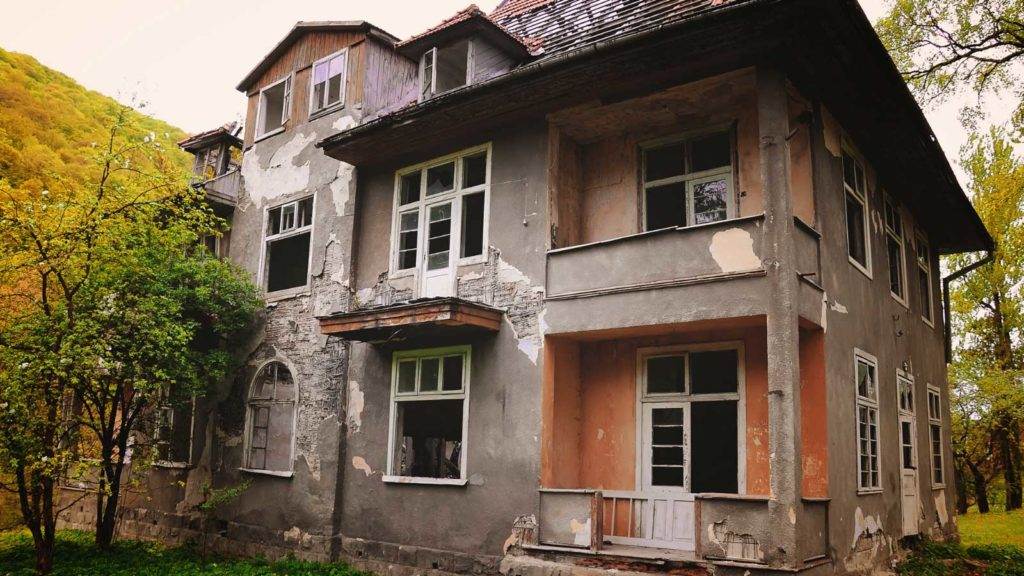The Ugly Truth About Buying A Fixer-Upper

There’s no denying that we live in the age of fixer-upper projects and happy homeowners with high ambitions. It makes sense—after all, we’re just trying to save wherever we can and ensure our decisions are cost effective. TV remodeling shows often make home improvements seem like a snap. However, while the final glam shot of the fixer-upper approach always appears worth it, there’s often a slew of roadblocks that the average person can run into when pursuing this type of project. There are a million things you have to know about electrical systems, appliances, carpentry, foundations, walling, windows, ductwork, floors, and more. That’s why we put these pointers together, because we want to give you the inside scoop on how to make an informed decision when purchasing your next fixer-upper!
A few things to consider when selecting your fixer-upper
Ultimately, you’re picking a home that initially may feel inexpensive, yet, as you continue to make improvements, the goal is for the home value to increase! If your long-term goal is increased home value and the ability to sell and make a return on your investment—there’s a few things to consider before purchasing:
- Consider what elements of the home could detour future buyers. (ie: Is the home structurally sound, what’s the location like, how is the school district, is it a desired floor plan)
- Decide what large renovations you are going to make up front. Determining what walls are coming down and if you’re looking at a budget for an entire renovation or you’re planning to just cover over the mess with cosmetic improvements will allow you further insight into the cost associated with the project.
- Identify what permits your state requires, if any.
What costs to expect when renovating
Renovation costs are often dependent on the extent of your project. The final finishes and design also play a large part in determining your end cost so be sure to factor those into the equation. If estimating based on a basic layout of an average room, a renovation could cost anywhere between $10—$60 per square foot. If you’re in a higher-end neighborhood and select a more quality contractor, you’re looking at upwards of $100 per square foot.
So, based on those projections, if you were to buy a 3,000 square-foot fixer-upper, you’d most likely spend somewhere between $180,000 and $300,000 on the basic renovations alone. Another charge that is not always considered is permit fees for doing work on the property where a permit is required. Be sure to seek proposals from multiple contractors before making your final decisions and inquire about their knowledge of the permits required based on the work.
Selecting the dream team
Purchasing a fixer-upper requires knowledge of home improvements, construction, and home repairs. A complete renovation can cost several thousand dollars to complete. If you were to hire professionals, you would need permits to install certain systems, such as water heaters and plumbing fixtures. You’d also need permits for making repairs, such as painting and wallpaper.
When you think of a fixer-upper, some may be thinking that it’s all about the DIY approach, however, even if you do plan to do the work yourself, it’s best to request a contractor walk through the property and have them provide a more accurate overview of the project and even an estimate before making any major decisions. Contacting a structural engineer is also a wise decision so that you can really get a true feel for the structure and bones of the home.
What’s the cost associated with that? Hiring a structural engineer could cost up to $700, but their help leaves you with full confidence that you’ve discovered any underlying property damage and could save you thousands in the long-run. Last but not least, don’t forget to rely heavily on your home inspector. The home inspector will provide valuable insight into common issues in need of repair, such as: radon testing, mold issues, lead-based paint, septic/well, and many other household expenses.
Whether this is your first fixer-upper or you’ve made a living out of it—these practical insights could save you money and whole lot of grief. We’re committed to helping you have the most amazing experience possible during your home search and moving process!



